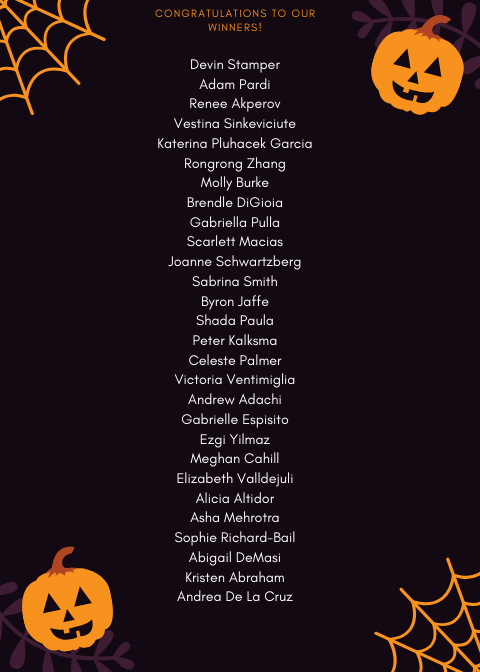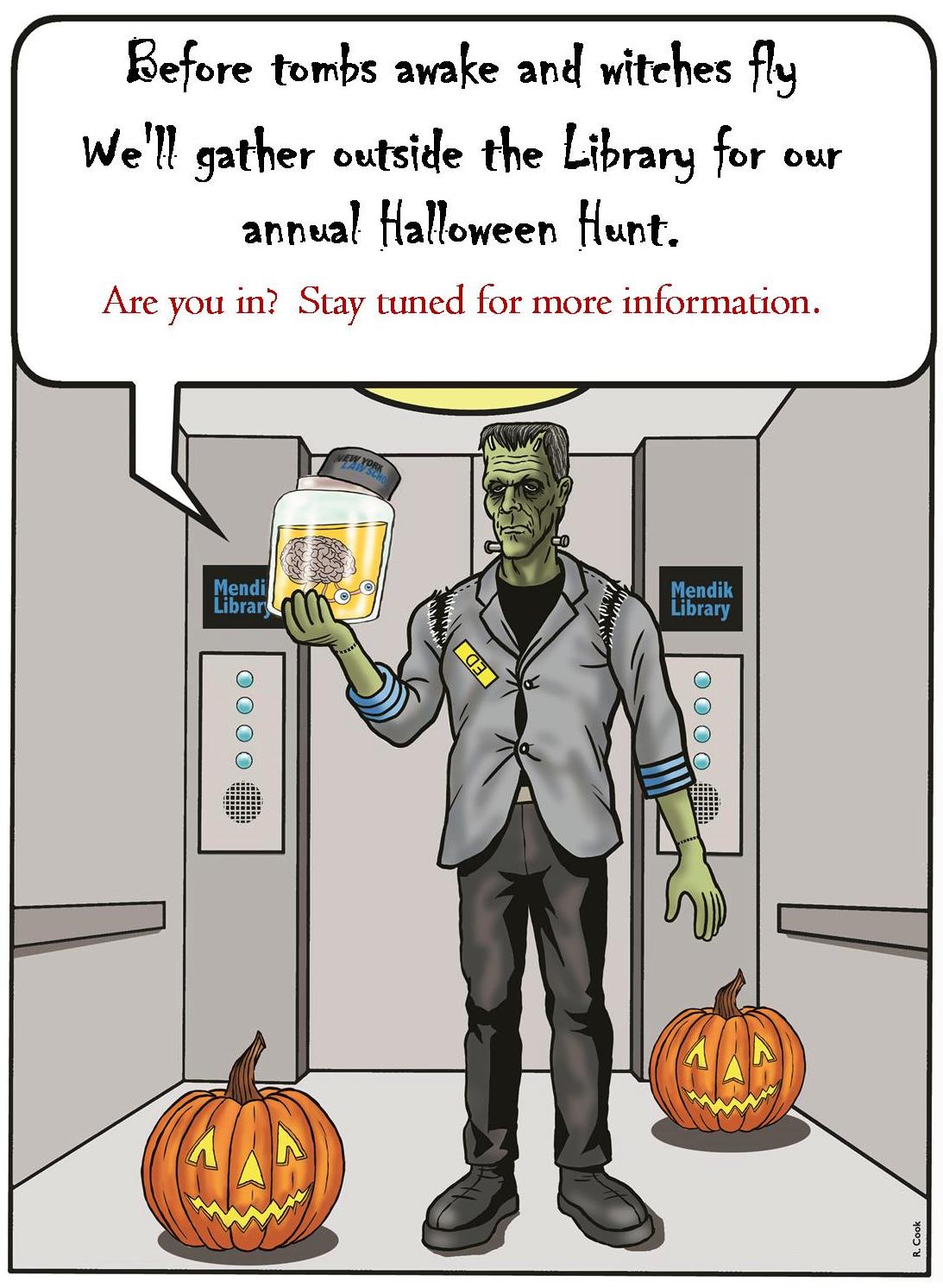Welcome Back!
We hope you all had a relaxing and rejuvenating winter break!
All of us at the Mendik Library wish for you a rewarding and fulfilling semester. We’d love to be a part of your success and hope you will let us help you with all your research and information needs.
Good luck and best wishes for a great semester! We’re looking forward to strengthening our partnership.
The Mendik Library Staff



